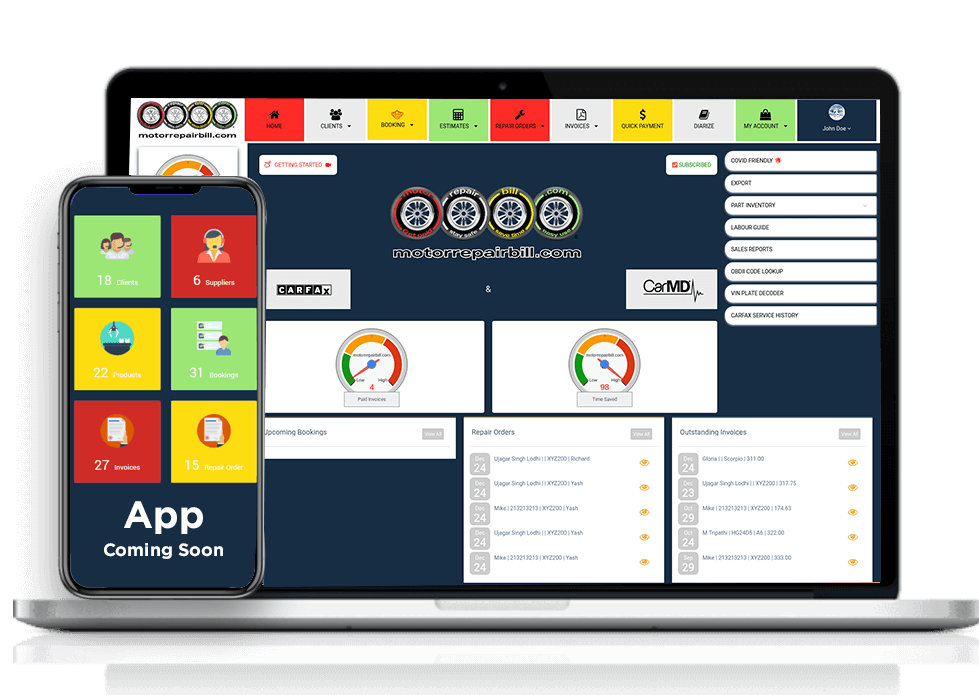Understanding Augmentin: Uses and Benefits
Augmentin a widely prescribed antibiotic used to treat various bacterial infections. It belongs to a group of drugs known as penicillin antibiotics and is a combination of two active ingredients: amoxicillin and clavulanic acid. This blend enhances the effectiveness of amoxicillin, making it a potent choice against bacteria that may be resistant to standard penicillin antibiotics.
How Augmentin Works: Mechanism of Action
Augmentin's primary function is to combat bacterial infections by inhibiting the growth of bacteria. Amoxicillin, a penicillin derivative, works by interfering with the formation of bacterial cell walls, ultimately leading to the destruction of the bacteria. Clavulanic acid is a beta-lactamase inhibitor; it prevents bacteria from producing an enzyme that could degrade amoxicillin. Together, they form a robust barrier against resistant strains of bacteria.
Indications for Use
Augmentin is prescribed for a variety of infections, including but not limited to:
- Sinus infections
- Urinary tract infections (UTIs)
- Lower respiratory tract infections
- Skin infections
- Otitis media (middle ear infections)
- Pneumonia
Recommended Dosages and Administration
Dosage varies based on the type and severity of the infection, as well as patient-specific factors such as age and kidney function. It's crucial to follow the doctor's instructions or the prescription label.
-
Adults: Typically, the dosage for adults ranges from 500 mg every 12 hours to 875 mg every 12 hours, depending on the infection's severity.
-
Children: Pediatric doses are calculated based on weight, usually 25-45 mg/kg/day divided into two doses.
-
Severe Infections: Higher doses may be necessary for more severe infections under the guidance of a healthcare provider.
Augmentin should be taken at the start of a meal to minimize potential gastrointestinal discomfort. Ensure the full course is completed, even if symptoms improve, to prevent antibiotic resistance.
Possible Side Effects of Augmentin
While Augmentin is generally well-tolerated, some individuals may experience side effects. Common side effects include:
- Diarrhea
- Nausea
- Vomiting
- Skin rash
- Yeast infections
Rare but severe side effects may include liver issues, severe skin reactions, or allergic reactions like swelling and difficulty breathing. Immediate medical attention is required if severe reactions occur.
Expert Opinions on Augmentin
Dr. Emily Harper, a board-certified infectious disease specialist, emphasizes the importance of using Augmentin appropriately: "While Augmentin is highly effective, it is crucial that patients adhere to the prescribed dosage and schedule to prevent the development of resistant bacterial strains."
Pharmacist John Rivera adds, "Patients should also be aware of potential interactions with other medications, such as blood thinners and methotrexate, and discuss these with their healthcare provider."
Precautions and Interactions
-
Allergies: Patients allergic to penicillin or cephalosporin antibiotics should avoid Augmentin.
-
Pregnancy and Breastfeeding: Discuss with a healthcare provider if you are pregnant, planning to become pregnant, or breastfeeding.
-
Liver or Kidney Disease: Dose adjustments may be necessary; consult your physician.
Where to Buy Augmentin
Augmentin is available by prescription and can be conveniently purchased from reputable pharmacies. For a reliable online option, visit our site for more information and purchasing options:
Buy Augmentin Here.
Conclusion
Augmentin remains a valuable tool in the fight against bacterial infections, thanks to its dual-action formulation. By understanding its uses, dosages, and potential side effects, patients can make informed decisions in collaboration with their healthcare providers. This ensures effective treatment while minimizing risks associated with antibiotic use. For personalized medical advice, always consult a healthcare professional.


